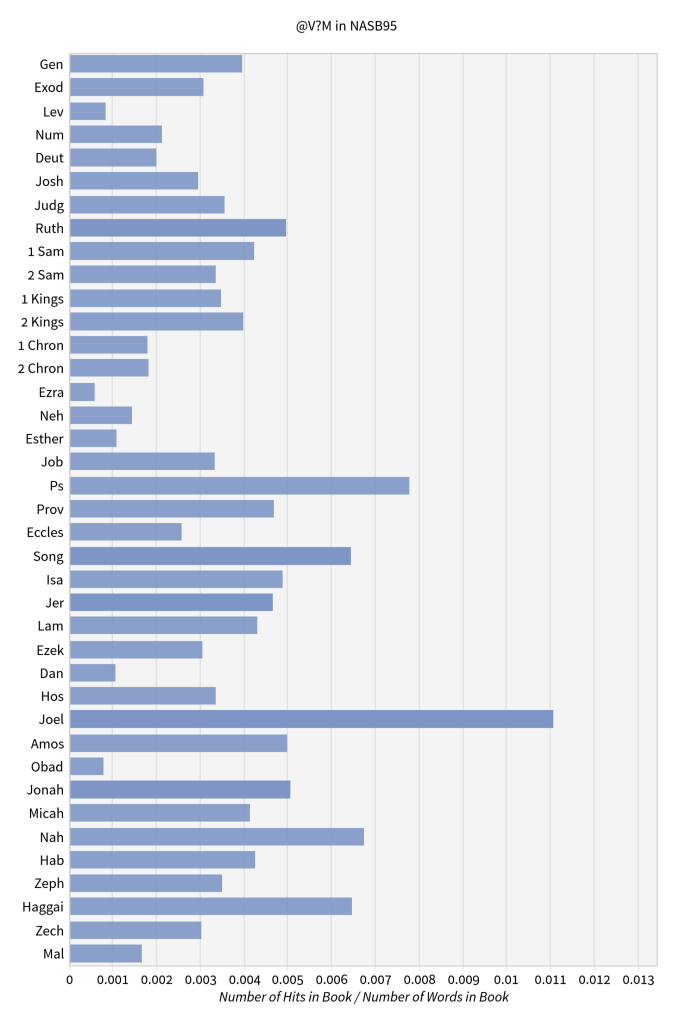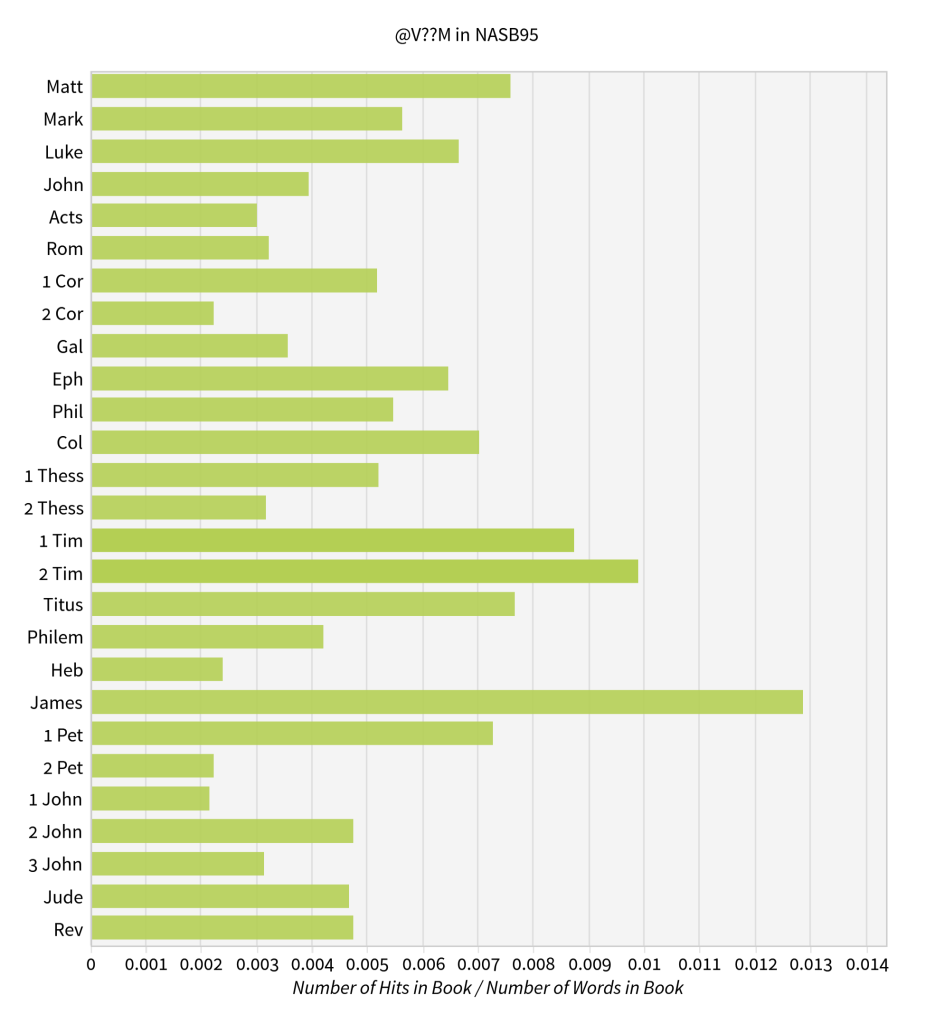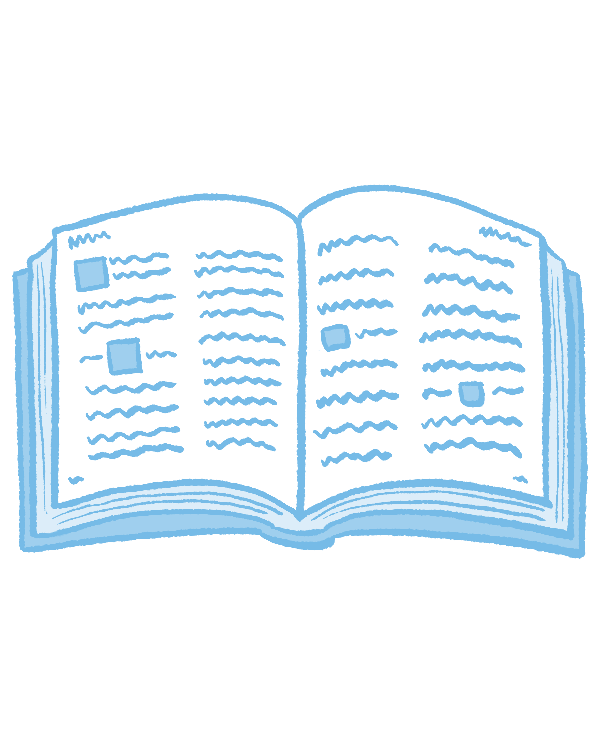The Bible is full of commands—we all know there are at least 10. Biblical commands, instructions, and exhortations are important: we see what the characters and authors intend for others to do.
A long time ago, I attended a Bible-study workshop on 2 Thessalonians. One of the activities involved reading the entire (short) book and highlighting every instruction Paul gives to the readers. It was a really helpful exercise, and I’ve been doing it ever since.
Now, I’m working through every book of the Bible, and it made me wonder: “what’s the bossiest book of the Bible?”
The Book of Psalms has a staggering 672 imperative verbs (action words used to tell others what to do). But that’s no surprise: Psalms is huge. Plus, all the praise-the-Lord lines count as commands (telling listeners to praise Him).
Still, we’re interested in the book with the highest concentration of imperatives, not just the biggest tally. Why? Because we want to know which book of the Bible is most often using commanding language.
So, I did a morph search using Logos 5 to find the book with the highest imperative verb / word count ratio.

Books of the Old Testament

Books of the New Testament
And there it is: the bossiest book of the Bible is the book of James! This book crams 61 imperatives into 108 verses. That means nearly 2.6% of the words in James are imperative verbs. And it’s no surprise: James is a very practical epistle that charges believers with not only hearing the Word, but also acting upon it (Jas 1:22).
Which book is runner-up? That’d be the tiny OT book of Joel. This prophet spoke about the coming day of the Lord; it makes sense that his three-chapter message would be saturated with strong imperatives.
Would you have guessed James or Joel? What are some other books of the Bible whose commands really stick with you? I’d love to hear about them in the comments!




I love the book of James and so would any true believer that wants to know and do the will of God. So; although this might be something a believer may want to know (but I don’t know why) or already do~, it is the Non-believers that don’t understand why the bible is the way it is.
Just seeing the word Bossiest is saying there is something WRONG with the book of James or others. So a non-believer very likely could see the above as yet another reason (Excuse) of why they don’t need God.
I welcome the Bossiness (Instruction is what it really is). Which is why we have the Bible — to teach us. Bossiest is a word of being something bad today. And that is far from the TRUTH with the Book of James~
I guessed Leviticus. Silly me!
I “guessed” James because I wrote a biblical theology of James in Advanced New Testament Theology in seminary. The NA27 has 55 imperative verbs. I wonder where the 62 is coming from. James also uses the vocative with greater density than any other book (22 vocative units in 108 verses). Fun book to study.
It’s true: his book is fun to study, and it packs quite a whallop. Now I’m curious about those extra 7 imperatives, and I’m really interested in that biblical theology of James.
Looks like the Logos-edition NA27 doesn’t recognize the following verbs as imperatives:
I can understand ὁρᾶτε not being treated as an imperative, but not sure why “behold,” “look,” and “see” wouldn’t be tagged as imperatives in the morph data.
Guess I’ll knock down my count to 61. Thanks for the heads-up!